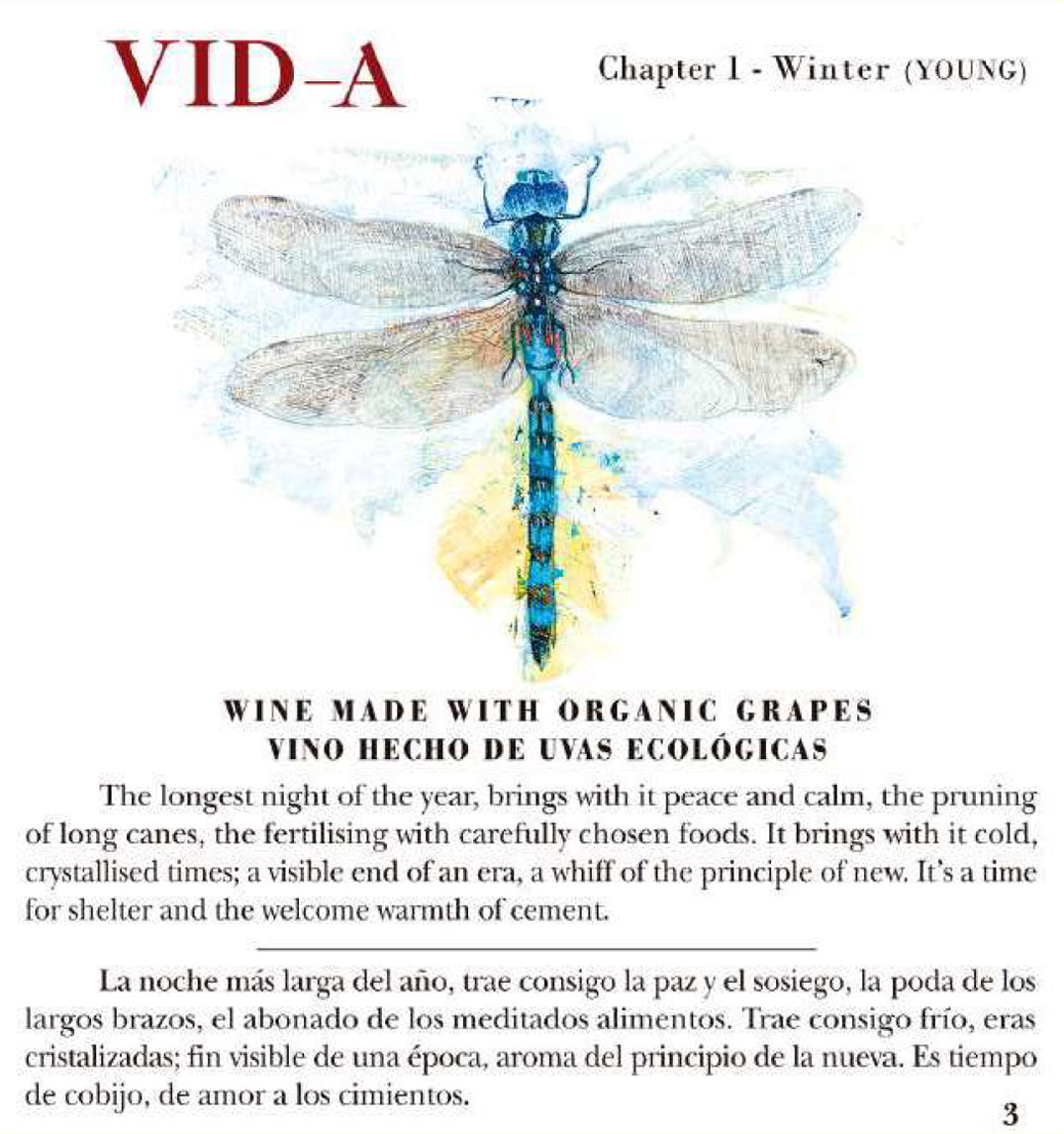2017 Alicante Red Blend
Francisco Gomez Chapter 1 - Winter, a captivating red blend from the enchanting region of Alicante, showcases the region's rich winemaking heritage. This 2017 vintage presents a striking red color that invites curiosity and delight. With a well-rounded body that strikes a harmonious balance, this wine delights the palate with medium acidity, offering a refreshing quality that keeps it lively. The fruit intensity is prominent, bursting with flavors of ripe berries and dark cherries, which are elegantly woven together. Tannins are notably firm, adding structure while allowing for a smooth and enjoyable finish. This red blend embodies the essence of Alicante, making it a wonderful choice for food pairings or simply enjoying on its own. Enjoy this wine as it unfolds its personality and character with each sip, promising a delightful experience for any wine enthusiast.
Francisco Gomez Chapter 1 - Winter, a captivating red blend from the enchanting region of Alicante, showcases the region's rich winemaking heritage. This 2017 vintage presents a striking red color that invites curiosity and delight. With a well-rounded body that strikes a harmonious balance, this wine delights the palate with medium acidity, offering a refreshing quality that keeps it lively. The fruit intensity is prominent, bursting with flavors of ripe berries and dark cherries, which are elegantly woven together. Tannins are notably firm, adding structure while allowing for a smooth and enjoyable finish. This red blend embodies the essence of Alicante, making it a wonderful choice for food pairings or simply enjoying on its own. Enjoy this wine as it unfolds its personality and character with each sip, promising a delightful experience for any wine enthusiast.





